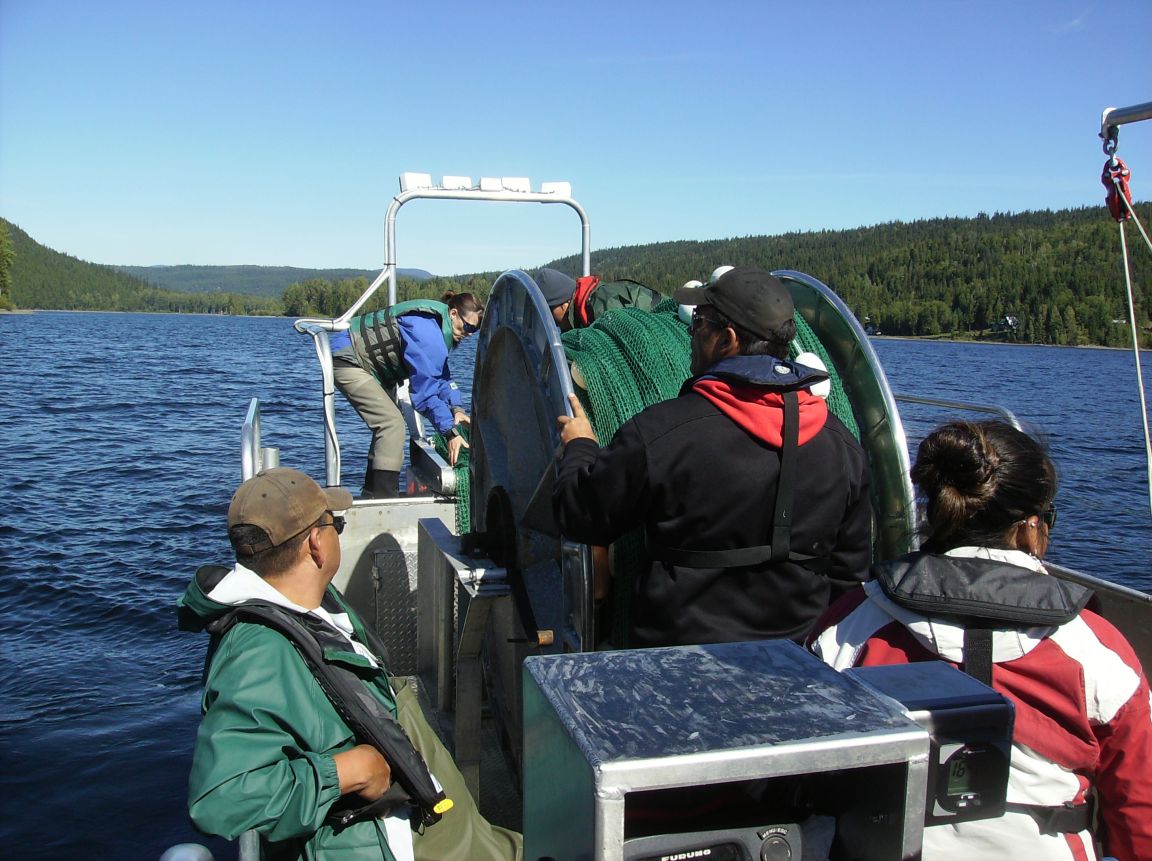
This webpage contains future directions for research identified during the Stakeholder Workshop Series. The purpose of this webpage is to assist in connecting researchers to the ideas identified by workshop participants - providing an avenue for collaboration.
Research needs identified during Workshop 1- Water
- Potential research questions resulting from an on-going project looking at whether theHorsefly Watershed is a 'fisheries sensitive watershed'.
- Restoration techniques.
- Broad scale questions that pertain to landscape level issues.
- Information on water stocks (aquifer and groundwater).
- Information on the use of municipal waste water for industrial use.
- The impact of single use plastic water containers.
- Documenting scenarios where collaborative watershed governance has worked around the world, what the factors for success have been, and how can we replicate successes.
- Sustainable yield plots.
- Climate change plots.
- Neutral third party hydro-geological assessments need to be performed so that all users can make informed decisions from one data base.
Research needs identified during Workshop 2- Climate Change
- How to influence local actions and get communities involved and committed.
- Run-off in Mountain Pine Beetle (MPB) watersheds.
- Changes in annual temperature, rain and snow.
- What would life be like without oil? What was life like before oil? What can technology and community contribute to this model.
- Local information about climate change in order to bring the concerns to their backyard, as this facilitates actions by individuals.
- Potential adverse effects on the fisheries resource in local areas.
- Uncertainty
- Hydrology and acid mine drainage/metal leaching.
- For interior BC - projections of wetland sizes and types expected under different climate change scenarios, particularly when factoring in other disturbances such as forest pest outbreaks or wildfire.
- For coastal BC - understanding impacts of sea level rise on tidal and estuary wetlands.
Research needs identified during Workshop 3- Salmon
- Develop a model to determine optimal escapement to spawning grounds.
- Simplify watershed management and analysis so practical principles can be applied.
- Habitat function and value.
- Community needs and requirements.
- Integrated resource management.
- The “big picture”.
- Management implications of forest land use to fisheries practices and changes.
- Carbon sequestering and water retention and economic benefits to agriculture.
- Reasons for watershed declines.
- Effects of mining.
- Carrying capacity.
- Process/convert information to a universal/ accessible form that is electronic. Then perhaps it can be made available on internet as information is on many sites including the QRRC.
- Emphasis on the Coho and other species distributions, presence, populations such as Steelhead and Kokanee.
- Ask everyone that participates in catching and gutting fish to pay particular attention to the health conditions of the various organs. Perhaps broadcast what healthy is and cue up signs to watch for.